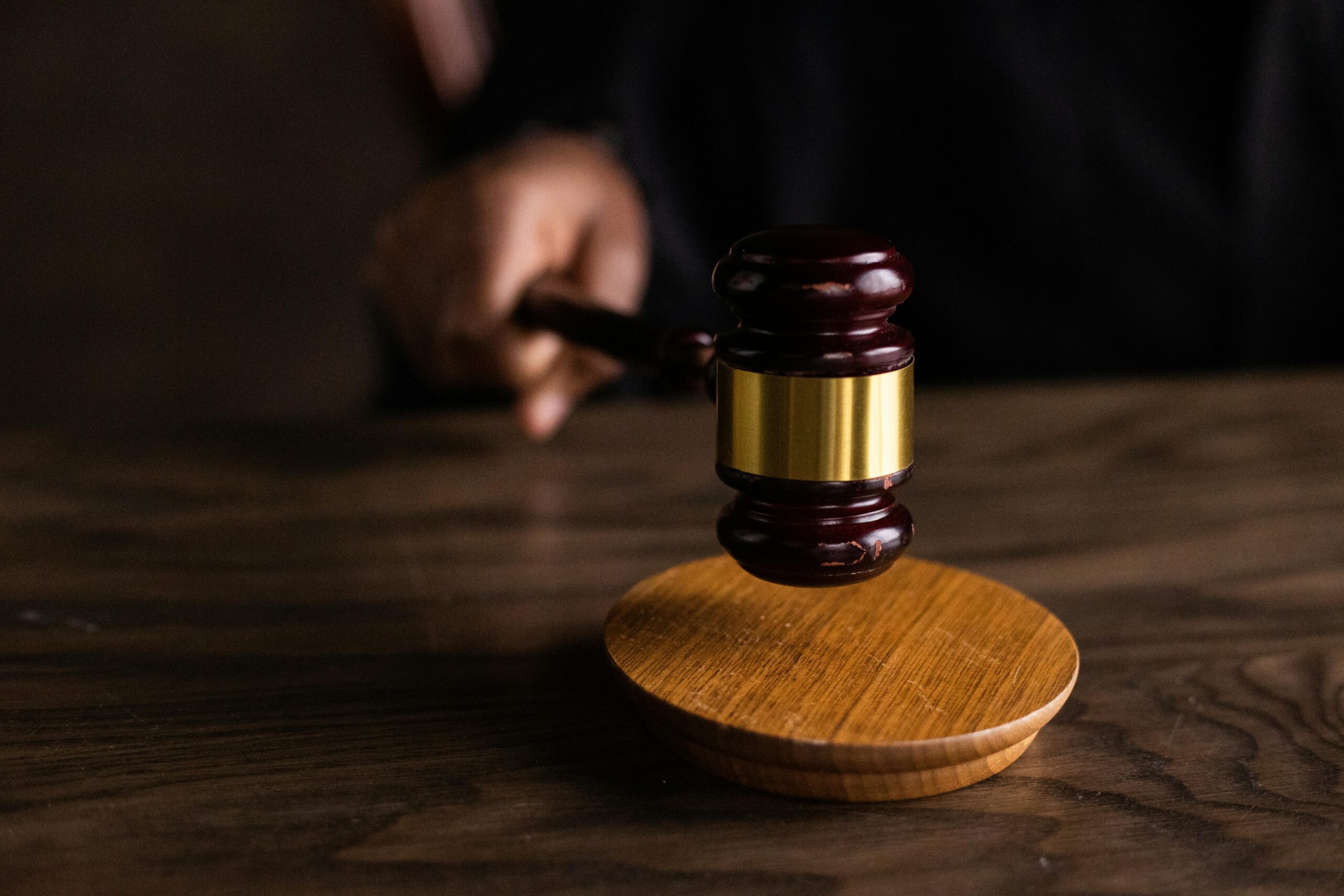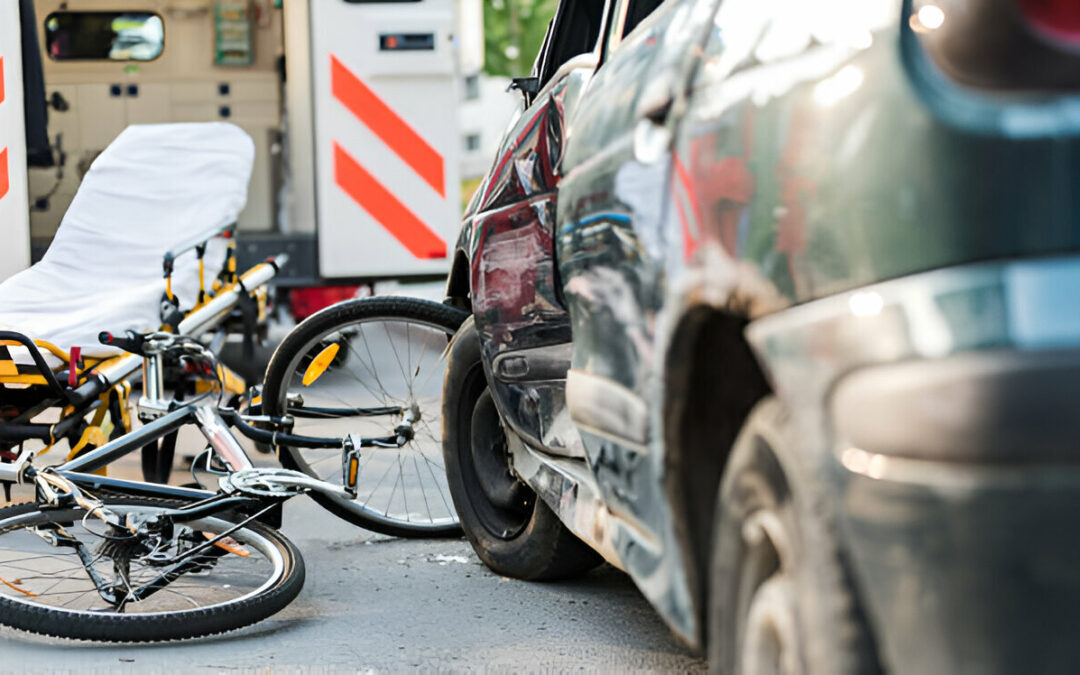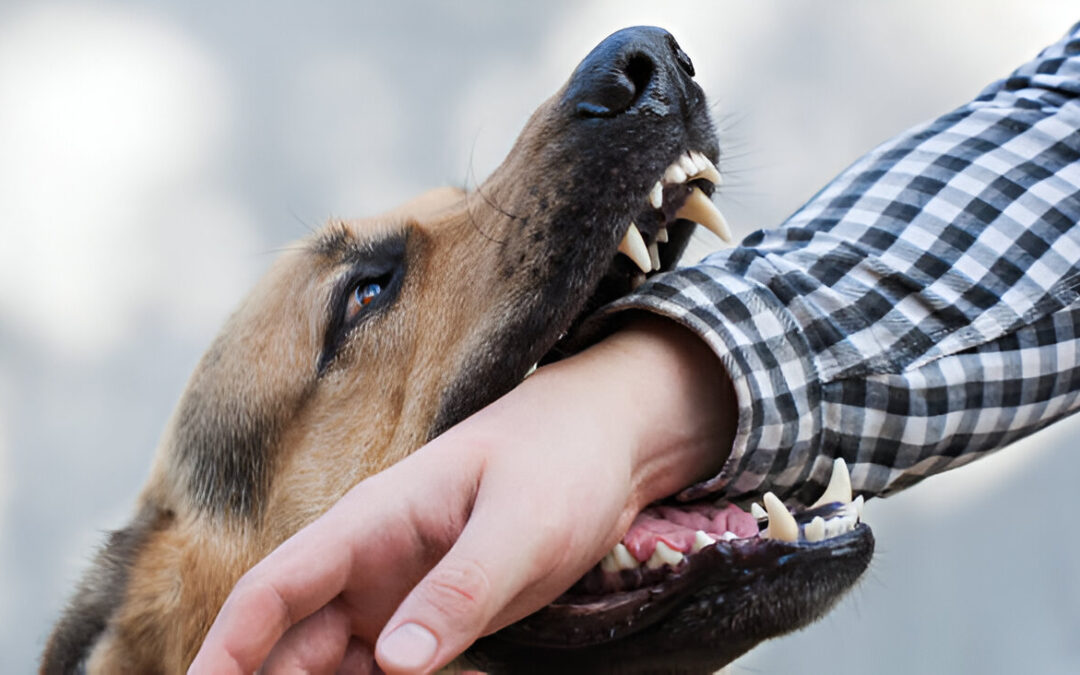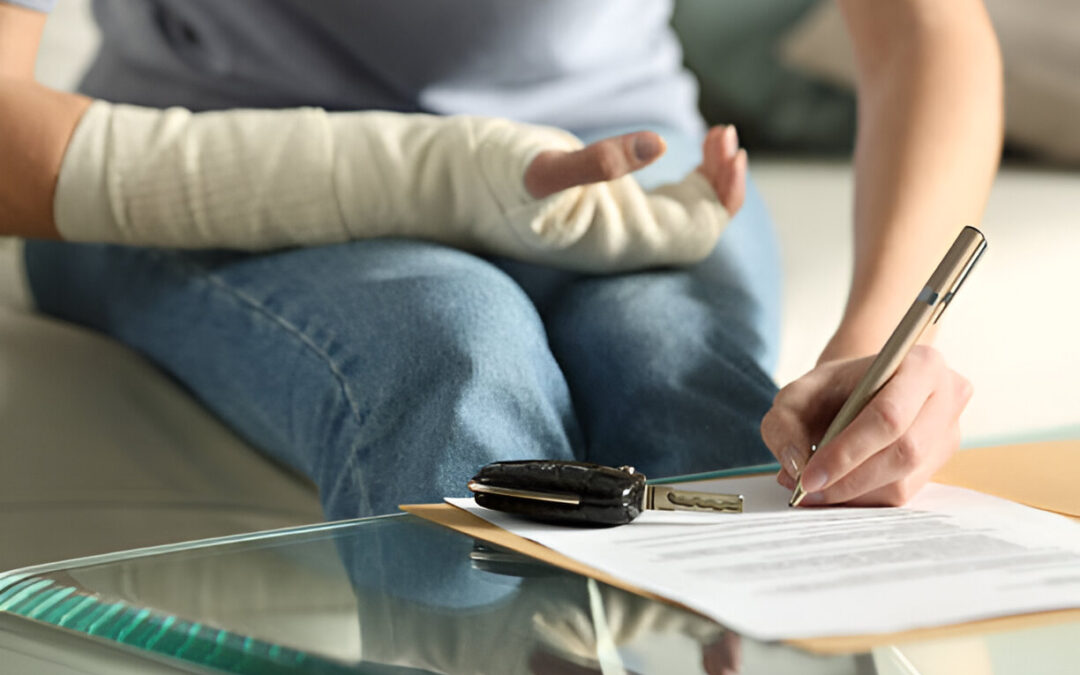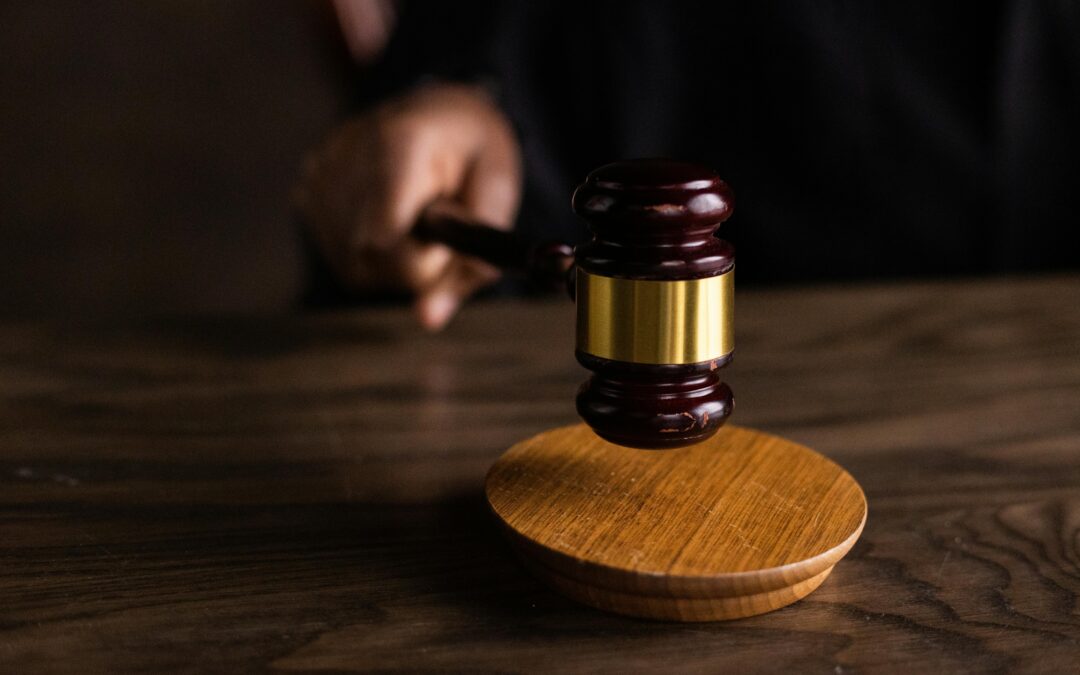Settling a lawsuit often brings a sense of closure and relief to all parties involved. However, circumstances can arise that make one wonder if reopening the case is possible. The question “Can a lawsuit be reopened after settlement?” is complex and depends on various factors.
This blog will explore whether a lawsuit can be reopened after settlement in Pennsylvania, detailing the key factors, legal terms, and exceptions.
Can a Personal Injury Lawsuit Be Reopened After Settlement?
Generally, it is challenging to reopen a personal injury claim after all parties and their insurance providers have officially negotiated upon a settlement or judgment. Most settlements include a “release of liability” that requires the plaintiff’s consent, which they’ll sign off on before obtaining their rightful compensation.
A release of liability is a written agreement between the parties, including a promise to pay money to an injured person. In exchange, the injured person agrees to give up a lawsuit or legal claims against the person who caused the accident. This agreement typically closes the door to future claims related to the same incident.
However, there are limited occasions when reopening a personal injury claim may be possible. Our team of experienced personal injury attorneys has helped many clients throughout Pennsylvania, and we know when reopening a personal injury claim may be feasible and worthwhile.
More: What is the Statute of Limitations for Personal Injury in Pennsylvania?
What is Release of Liability?
A release of liability is a common clause within any settlement agreement for personal injury claims. The written terms of a release generally state that in exchange for payment of an agreed-upon amount of money, the defendant is released from all liability related to the case, assuming they’ve fulfilled the settlement terms.
Once a defendant and their insurance provider pay the plaintiff the agreed-upon compensation for the plaintiff’s damages, the plaintiff cannot sue the defendant again for any additional damages. Even if a plaintiff agrees to settle a lawsuit for an amount of money and later discovers additional injuries caused by the accident, the release usually prevents the plaintiff from seeking more money.
It’s also important to understand that certain verbal agreements with insurance providers and defendants can be enforceable as a “release of liability.” This is why it is crucial to be very specific when negotiating, ensuring that the terms of any agreement are crystal clear and that there is no acceptance until all of the conditions a plaintiff requires are met.
The case is considered settled once a plaintiff agrees to terms, signs a release, and receives money in exchange for that release. However, it can be reopened for limited reasons.
Are There Any Exceptions to Reopening a Case?
Certain circumstances allow plaintiffs to reopen an injury claim for additional damages, even when an original settlement agreement has been negotiated. These exceptions are usually limited to fraud, duress, accident, or mutual mistake. Refer to the case of Buttermore v. Aliquippa Hospital, 522 Pa. 325, 330, 561 A.2d 733, 735 (1989).
Fraud
Fraud involves deceit or lies to convince a plaintiff to settle a claim. For example, if a person misrepresented the presence of available insurance or lied about the amount of insurance available to get a plaintiff to agree to a lesser amount, that could constitute fraud. The facts of the alleged deception would need to be evaluated to see if a case could be reopened and a release declared void.
Accident or Mutual Mistake
Accident or mutual mistake is a very fact-specific inquiry. The mistake could involve a situation where a person was wrong about the amount of insurance they had under their policy, like an underinsured (UIM) policy. In Lanci v. Metro. Ins. Co., 388 Pa. Super. 1, 6, 564 A.2d 972, 974 (1989), a release was voided when an injured person settled a case for an amount he mistakenly believed was the policy limit. His insurance company knew that more was available and allowed the plaintiff to settle the case for only $15,000. The Court threw out the release, holding that enforcing the release would be unconscionable since the insurance company knew that the plaintiff was mistaken in thinking there was only $15,000 in coverage.
Duress
Duress involves situations where improper pressure is put on a plaintiff to settle a case. Coercion may be sufficient to void a release, whether by threats or other means.
Newly Discovered Evidence
In some cases, newly discovered evidence not available during the settlement could be a reason to reopen the case. For instance, if critical evidence that could significantly impact the case outcome surfaces after the settlement, it might be grounds for reopening the lawsuit.
Legal Errors
If the case involved significant legal errors, such as incorrect application of the law or procedural mistakes, it might be possible to reopen it. If they are substantial enough, legal errors can sometimes invalidate a settlement agreement.
Other than these specific exceptions, reopening a case can be extremely difficult once it has been settled, a release signed, and money paid. However, there are some steps to take before agreeing to a release to avoid reopening a case.
Need a Personal Injury Attorney in Pennsylvania Who Will Fight for Your Rights?
Now that we have answered the question, “Can a lawsuit be reopened after settlement?” it is time to seek legal assistance. At Pacin Levine, P.A., our experienced personal injury lawyers are dedicated to offering steadfast assistance and legal advocacy to individuals residing in Pennsylvania. Whether you need help understanding your legal options or pursuing a claim, we’re here to support you. Our team can guide you through the legal process, ensuring you receive the compensation you deserve. Contact us at 1-800-24-7-CRASH (2727) to review your situation and consider your legal choices.


